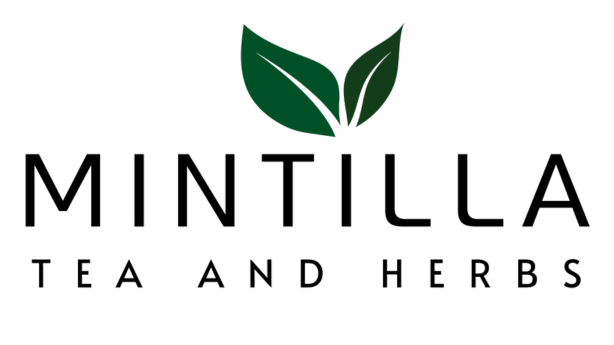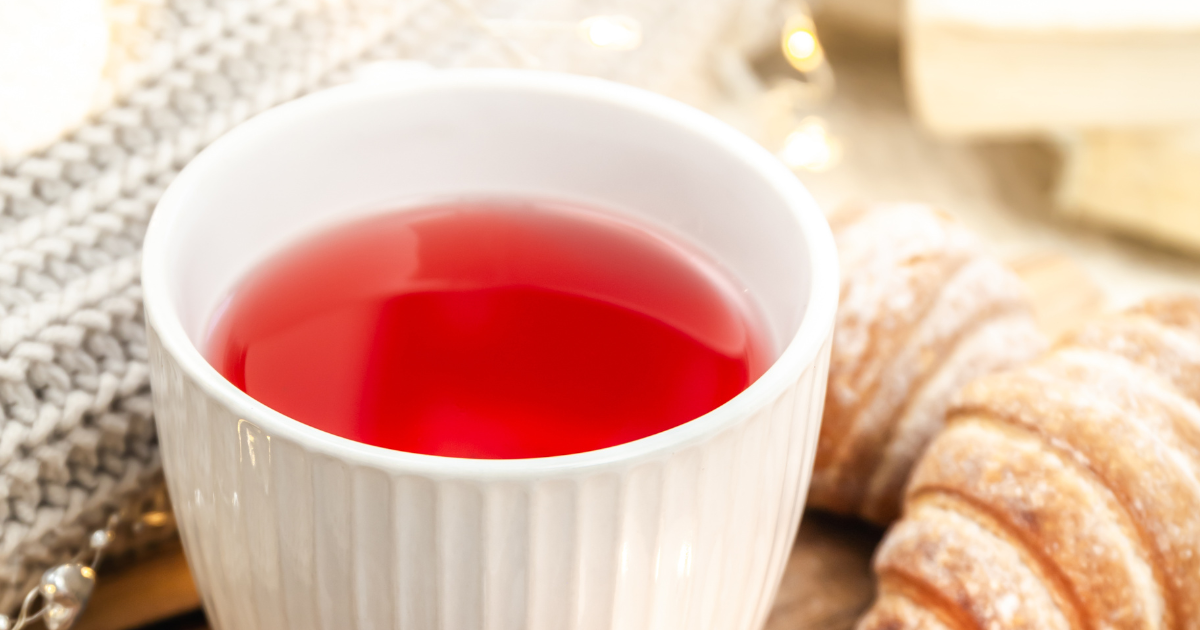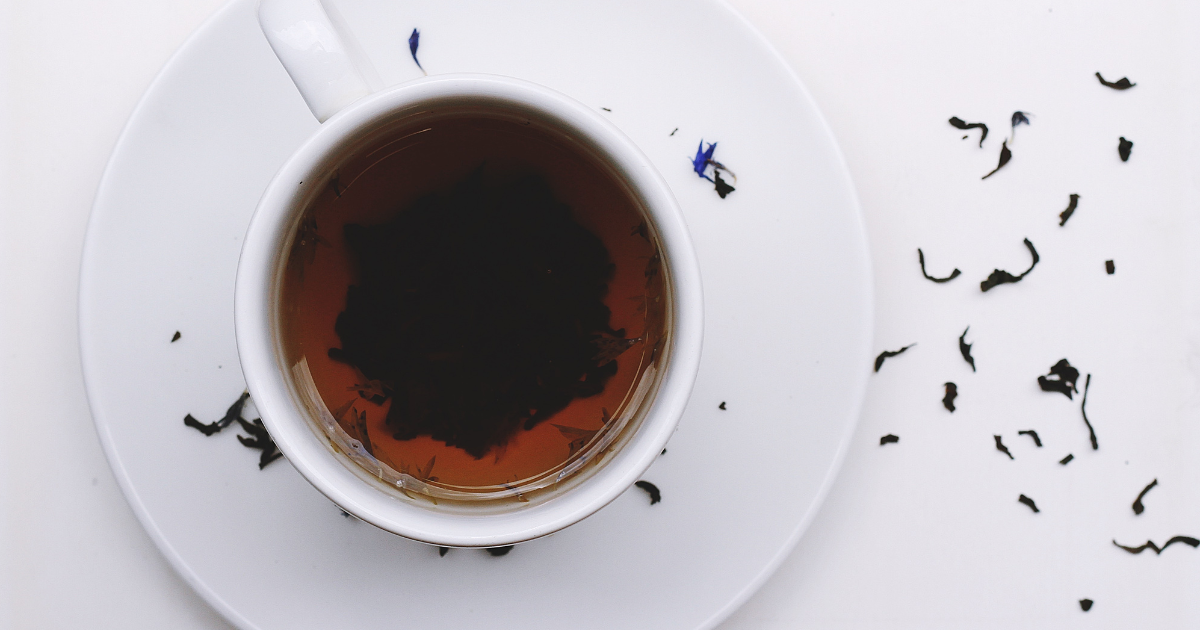10 Amazing Health Benefits of Drinking Loose Leaf Tea

As tea lovers, we all know that drinking a cup of tea in the morning or evening is a refreshing and soothing experience. But did you know that loose leaf tea can do more than just satisfy your taste buds? In fact, drinking loose leaf tea has a long list of health benefits that make it an ideal beverage for people of all ages. Let’s explore 10 such benefits in detail:
- Boosts Immunity
The antioxidants present in loose leaf tea help in strengthening the immune system and preventing infections. - Calms the mind
Loose leaf tea contains L-theanine, an amino acid that has a calming effect on the mind and reduces stress levels. - Promotes heart health
Studies have shown that tea can lower blood pressure levels, improve blood circulation and reduce the risk of heart diseases. - Improves Digestion
Ingredients in certain types of loose leaf teas can help improve digestion, reduce inflammation, and provide relief from digestive disorders like irritable bowel syndrome (IBS). - Enhances Oral Health
Tea contains fluoride that helps in preventing cavities and tooth decay, and polyphenols that reduce bad breath and promote gum health. - Reduces the Risk of Cancer
The antioxidants present in green tea have been found to reduce the risk of certain types of cancers. - Aids in Weight Loss
Tea has been found to boost metabolism and reduce appetite, making it a great addition to a weight loss diet. - Improves Skin Health
Some types of tea like white tea are rich in antioxidants that help in reducing signs of aging, promoting skin elasticity, and preventing wrinkles. - Elevates Mood
Tea has a soothing effect on the mind that can help in uplifting one’s mood and fighting depression. - Provides an Energy Boost
Tea contains caffeine that can help in improving mental alertness and providing an energy boost, without the side effects of coffee.
These are just a few of the amazing health benefits that loose leaf tea offers. So why not make it a part of your daily routine and reap the benefits? At our online tea store, we offer a wide range of loose leaf teas that you can choose from. Explore our collection today and start your journey towards a healthier lifestyle.
References:
- Wang, Y., Tang, H., Nicholson, J. K., Hylands, P. J., Sampson, J., & Holmes, E. (2012). A metabonomic strategy for the detection of the metabolic effects of chamomile (Matricaria recutita L.) ingestion. Journal of Agricultural and Food Chemistry, 60(30), 7342–7352. https://doi.org/10.1021/jf302450w
- Kimura, K., Ozeki, M., Juneja, L. R., & Ohira, H. (2007). L-Theanine reduces psychological and physiological stress responses. Biological Psychology, 74(1), 39–45. https://doi.org/10.1016/j.biopsycho.2006.06.006
- Hodgson, J. M., Puddey, I. B., Mori, T. A., Beilin, L. J., & Croft, K. D. (1999). Supplementation with isoflavonoid phytoestrogens does not alter serum lipid concentrations: A randomized controlled trial in humans. The Journal of Nutrition, 129(3), 683–687. https://doi.org/10.1093/jn/129.3.683
- Sae-tan, S., Grove, K. A., Lambert, J. D., & Grieg, T. W. (2018). Weight loss outcomes with green tea catechins: A systematic review and meta-analysis. The Journal of Nutritional Biochemistry, 49, 1–8. https://doi.org/10.1016/j.jnutbio.2017.09.013
- Razak, M. A. A., Riyazuddin, M., & Kundoor, V. K. (2018). Assessment of fluoride level in marketed tea brands in Jazan, Saudi Arabia. Journal of International Society of Preventive and Community Dentistry, 8(1), 51–56. https://doi.org/10.4103/jispcd.JISPCD_376_17
- Wang, K., Hua, X., Liang, Y., Chen, X., Chen, R., & Huang, Z. (2019). Tea consumption and the risk of oral cancer incidence: A systematic review and meta-analysis. Oral Diseases, 25(6), 1564–1573. https://doi.org/10.1111/odi.13151
- Thielecke, F., & Boschmann, M. (2009). The potential role of green tea catechins in the prevention of the metabolic syndrome – A review. Phytochemistry Reviews, 8(3), 513–522. https://doi.org/10.1007/s11101-008-9114-7
- Saric, M., Kristensen, M., & Moller, G. (2011). White tea – An unexplored source of anti-inflammatory agents. The Journal of Ethnopharmacology, 137(1), 567–573. https://doi.org/10.1016/j.jep.2011.05.065
- Camfield, D. A., Owen, L., & Scholey, A. B. (2015). The differential effects of Eicosapentaenoic acid and docosahexaenoic acid on mood and cognition: An randomized double-blind placebo-controlled trial with fish oil supplementation. Prostaglandins, Leukotrienes, and Essential Fatty Acids, 92, 63–69. https://doi.org/10.1016/j.plefa.2014.10.004
- Dodd, F. L., Kennedy, D. O., Riby, L. M., & Haskell-Ramsay, C. F. (2015). A double-blind, placebo-controlled study evaluating the effects of caffeine and L-theanine both alone and in combination on cerebral blood flow, cognition and mood. Psychopharmacology, 232(14), 2563–2576. https://doi.org/10.1007/s00213-015-3895-0






